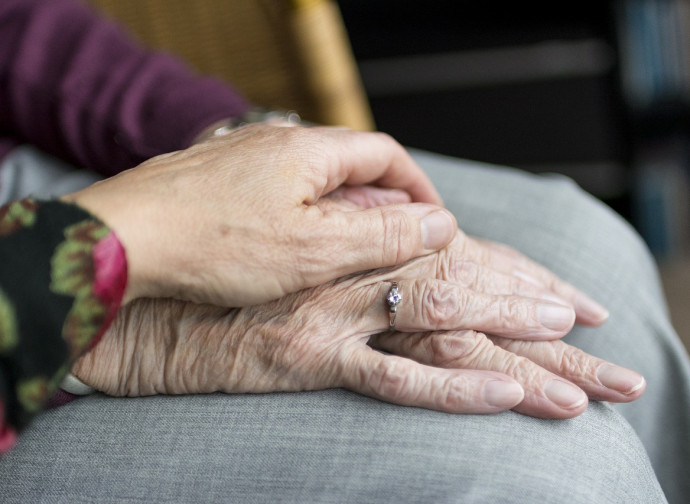
A Dutch doctor who once supported euthanasia in the Netherlands has called on Ireland to not legislate for assisted suicide. A bill to permit the practice is currently before the Dail.
Theo Boer is Professor of Health Care Ethics at Groningen Theological University. After its legalisation in 2002, he worked for the Dutch authorities, reviewing euthanasia cases between 2005 and 2014.
Writing yesterday in the Sunday Independent, he noted that despite safeguards, numbers dramatically increased from 2,000 in its first year to 6,300 in 2019. In some urban districts, between 12pc and 14pc of all deaths are due to “assisted dying”. The total numbers are expected to double again in the near future.
He also said that initially, the law applied almost exclusively to terminally ill, mentally competent adults. Now it has extended to those with chronic conditions, disabled people, those with psychiatric problems, and incompetent adults with an advance directive.
He said expansion is under debate for euthanasia in young children and for elderly persons without a medical diagnosis.
He also predicted that legal limits could be subject to a challenge in the courts. In Quebec, the Superior Court last year ruled that the stipulation of a terminal illness in Canadian law is discriminatory and thus unconstitutional.
“Why euthanasia only for terminally ill patients, who already have access to an ever-widening array of palliative care, whereas chronic patients may suffer more intensely and for much longer?”
He also said the paradox of legalising assisted dying is that while it is welcomed by some, it becomes an invitation to despair for many others.
Since 2002, suicide rates have actually gone up by 15% in the Netherlands, while they have decreased by 10% in neighbouring Germany.
He writes that the Netherlands must act as an alarm to what can happen.
“I once believed it was possible to regulate and restrict killing to terminally ill, mentally competent adults with less than six months to live. I believed we could regulate suicide and curtail those all-too-familiar cases where someone ends their own life. I was wrong.”
“When even the most well-regulated and monitored system worldwide can’t guarantee that assisted dying remains a last resort, why would Ireland be more successful?”
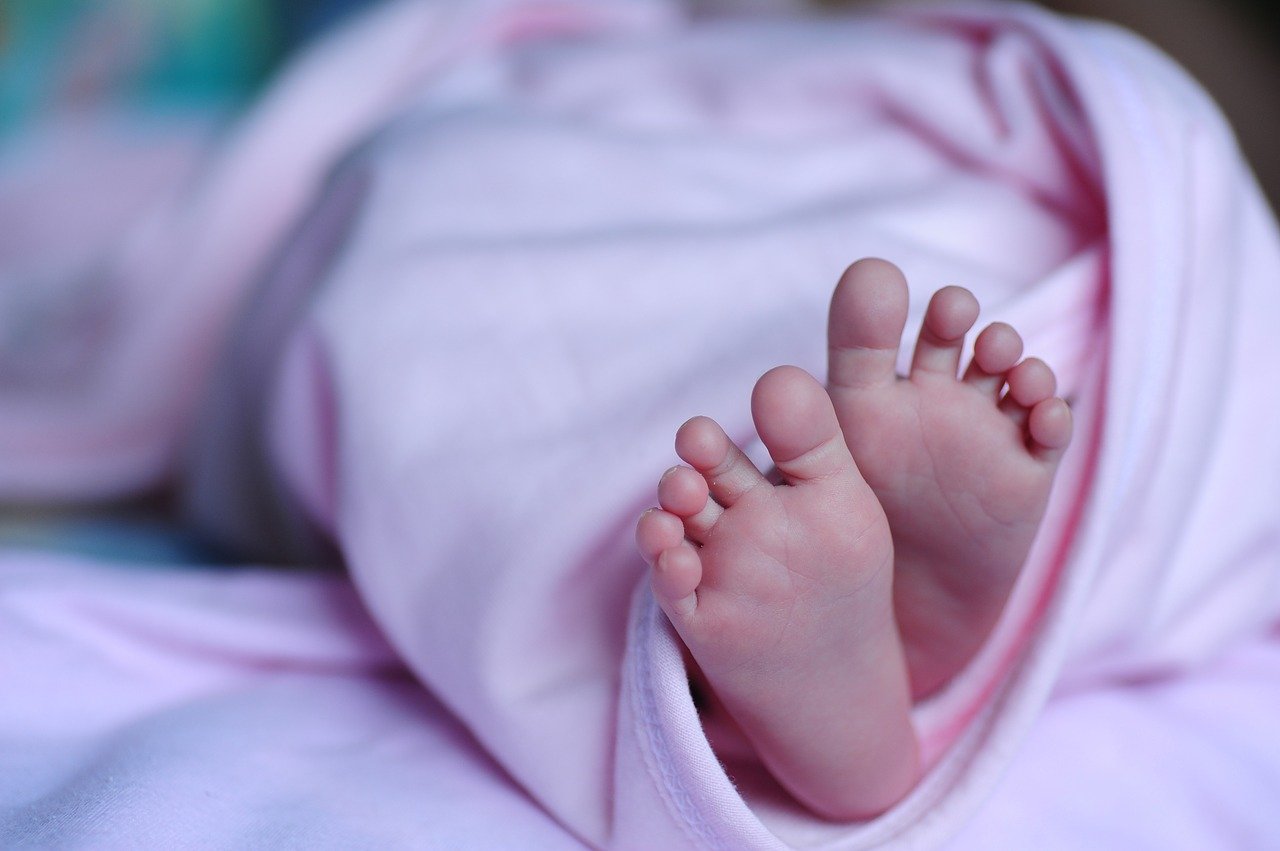
A national court in France has ruled that a man who fathered a child with his wife six years ago cannot now be listed as the child’s mother.
The French news agency RFI reported that “Claire,” the biological father had children in 2000 and 2004 with his wife. Then in 2011, Claire was registered as a female.
“Three years later, while she still had male reproductive organs, the couple had a third child, a girl,” the report said.
But the highest court in France, the Court of Cassation in Paris, concluded “two maternal filiations cannot be established with regard to the same child, outside of adoption.”
Leaders of gay rights groups said the ruling is a setback for their movement. But another lawyer, Anne-Marie Le Pourhiet, explained that to decide any other way would be to “to transform that child’s personal history into fiction, in the name of adult desire.”
In a similar case in England earlier this year a court ruled a woman who lives as a man cannot be recorded as the father of her child’s birth certificate, but for a different reason: those who give birth are mothers, the court ruling said.
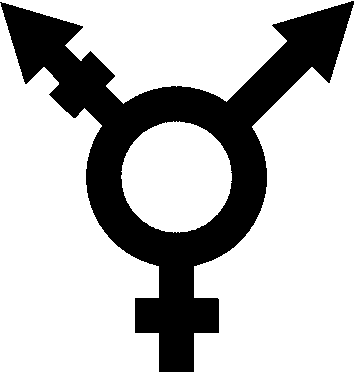
The National Women’s Council of Ireland says it is a “mistake” for the HSE to replace the word “woman” with “anyone with a cervix” in its national cervical screening advice.
The NWCI hopes to meet the HSE and Transgender Equality Network Ireland (TENI) to discuss the words to be used in official publications. The HSE had changed the wording to try to be more gender-neutral but is now reviewing the material.
The phrase is included in a leaflet, also published online, that outlines who should get an HPV cervical screening test. “Anyone with a cervix who is aged between 25 and 65 should get an HPV cervical screening test when it is due,” it states.
In its literature on prostate cancer, the HSE did not replace the word “man” with “anyone with a prostate”.
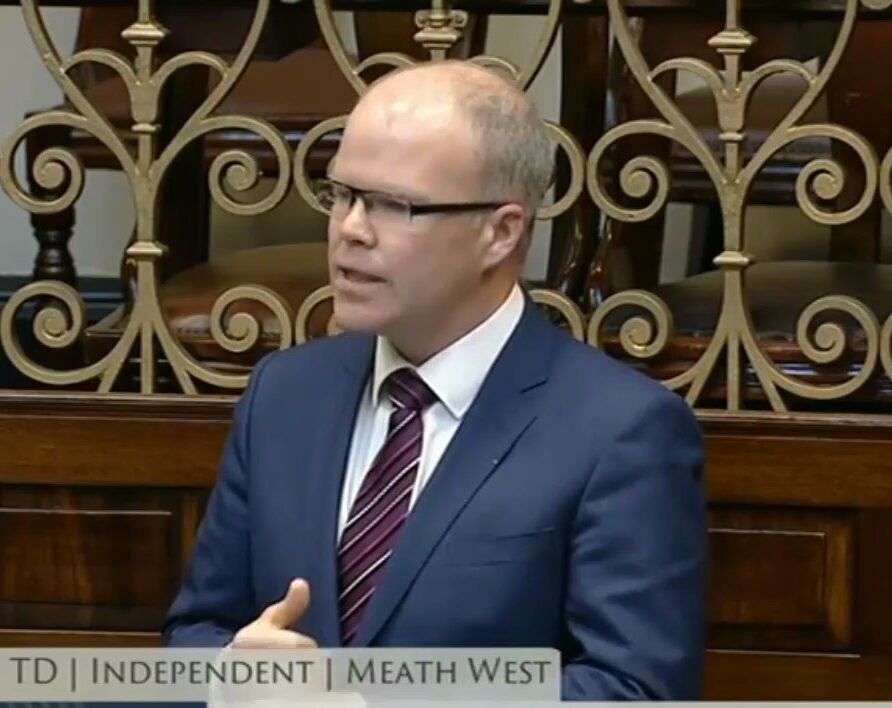
There was a furore in the Dáil last night as the debate on assisted suicide excluded almost all voices opposed to the measure.
In an apparent departure from the established norm, all speaking slots were filled before the bill reached the floor of the chamber, with deputies in favour of change having taken them all.
Meath West TD, Peadar Toibin called the situation unprecedented.
Ten minutes from the end, he called a point of order and appealed for more time, noting the irony of the one-sided debate: “I welcome that all the speakers so far have said we need a proper discussion about this very serious issue. It would be a shame to go through the Second Stage debate without anybody with an opposing view on the Bill getting a chance to speak, and with all the views exactly the same”.
Deputy Mattie McGrath also protested, calling the debate “shambolic” and questioned the distribution of speaking slots.
The Chair refused the request to extend the 75 minute debate by 20 minutes to allow more contributions. However, 4 minutes were afforded to Louth TD Peter Fitzpatrick to make the case against assisted suicide.
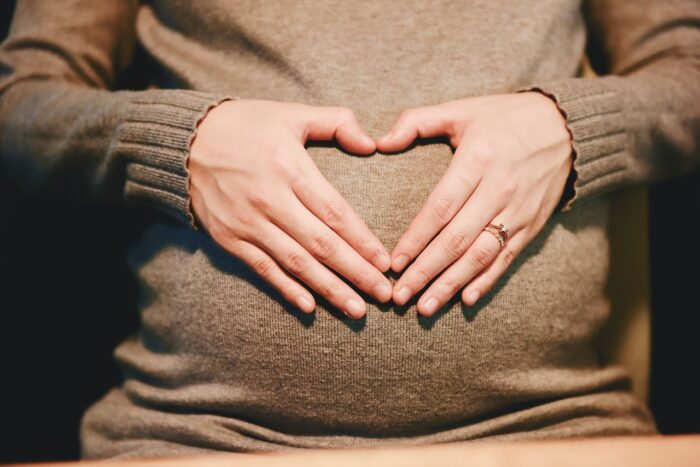
The Irish Catholic Bishops have called for a culture of life in this year’s Day for Life celebration.
Taking place this Sunday, the annual event is dedicated to raising awareness about the meaning and value of human life at every stage, and in every condition.
In their Day for Life pastoral message, the bishops grieve the loss of life due to abortion and seek a change of hearts and minds about the innate dignity of the child in the womb and the care of women for whom pregnancy presents particular challenges.
Bishop Kevin Doran, Chair of the Bishops’ Council for Life said, “In 2019 there were 6,666 abortions in the Republic of Ireland and in the vast majority of cases, no reason was either asked or given. The tragedy of this is not just the loss of so many young lives, but the grief that so many women suffer in silence and the extent to which society itself loses its fruitfulness.”
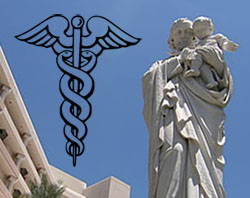
Two healthcare facilities founded as Catholic ministries took legal steps yesterday to close down.
The Health Service Executive is to assume responsibility for disability and mental health services run by the St John of God charity, due to an “intolerable” financial deficit facing the organisation.
The charity is funded by the HSE to provide services to 8,000 children and adults on behalf of the State.
Nonetheless, it has been grappling with a mounting financial deficit in recent years, citing underfunding from the HSE.
On Wednesday the organisation decided to cease running the majority of its healthcare services, due to the funding crisis, and would transfer responsibility to the HSE over a 12-month period.
Meanwhile, The High Court has made orders formally winding up the operator of a south Dublin care facility, which caters for vulnerable adults, and a nursing home.
The company sought to wind up the facility, which is owned by the Sisters of Charity order of nuns, because it would be unable to meet redundancy payments of €950,000 arising from the liquidation.
The firm also cited regulatory difficulties, concerns over future funding from the HSE and an inability to comply with HIQA recommendations to modernise its facilities as reasons why it should be wound up.
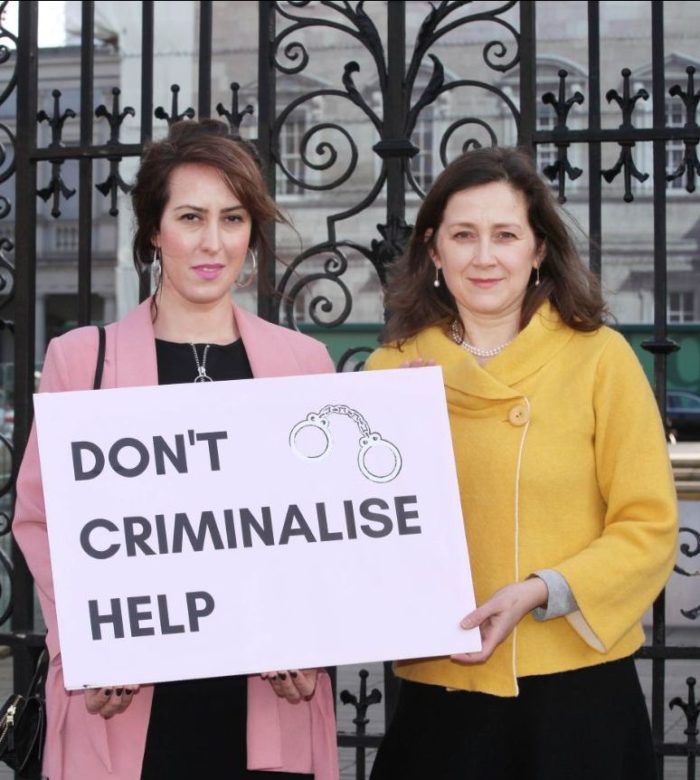
The Minister for Health has affirmed that there are measures in place to protect women seeking abortions.
He was replying to a question from Laois Offaly TD, Carol Nolan.
She asked him to comment on the status of commitments to introduce ‘exclusion zones’, which would stop even prayer vigils near abortion facilities, and if he had further consultation with the Garda Commissioner on the matter.
Yesterday, he replied that the Programme for Government contains a commitment to “Establish exclusion zones around medical facilities”.
He said it was originally intended to provide for “safe access” to abortion facilities in the Health (Regulation of Termination of Pregnancy) Act 2018. However, a number of legal issues were identified which necessitated further consideration and advice.
“Women and healthcare staff should be assured that there is existing legislation in place to protect them and to protect patients. My Department has communicated with the HSE to advise on this legislation, and I understand that a communication issued to hospitals and GPs in this regard.”

The Minister for Health has failed to say whether the Government would be receiving any advice from a State advisory body on bioethics.
Laois Offaly TD, Carol Nolan had asked him whether he would direct the National Advisory Bioethics Committee (NACB) to investigate the ethical implications of assisted suicide, assisted dying and physician-assisted suicide.
The NACB was established by the former Minister for Health, Dr. James Reilly, in March 2012 to advise on the ethical and social implications of scientific developments in human medicine and healthcare.
The Minister said the multi-disciplinary group has met on a number of occasions since its establishment and considered various complex and sensitive issues that society in general, and the healthcare system in particular, confront.
He added that the most recent work published by the NACB, entitled “Nudging in Public Health – An Ethical Framework”, was published in April 2016.
“No decision has been made regarding the next topic on the work programme for the NACB”.
https://www.oireachtas.ie/en/debates/questions/?member=%2Fie%2Foireachtas%2Fmember%2Fid%2FCarol-Nolan.D.2016-10-03
The Government have proposed setting up a special Oireachtas committee to examine legalising assisted suicide.
The move is designed to delay by 12 months Gino Kenny’s “Dying with Dignity bill”. The socialist TD’s proposal is due for a Dail debate on Thursday, and a vote to send it for pre-legislative scrutiny on Wednesday of next week.
A special Oireachtas committee would instead allow a far wider scrutiny of the issue than a legislative committee.
Nonetheless, the Government may allow non-Cabinet members a free vote on the Kenny bill so it may yet pass.
Aontú TD for Meath West Peadar Tóibín said he is opposed to the bill, and if the law is going to change in this direction, it needs to be scrutinised so TDs know exactly what they are dealing with.
He said “this is a radical change in Irish law, which seeks to legalise one adult ending the life of another adult”, which he said he understood under the law currently to be manslaughter.
Mr Tóibín said he has invited the Irish Palliative Medicine Consultants’ Association to the Dáil to discuss this and he said the association is opposed to the bill.
He said there are a number of wide open gaps in the legislation, such as not giving a time limit to a terminal illness.
Mr Tóibín said it is important that people do not underestimate the pressure that can be brought to bear on older people who are in very vulnerable situations, where their value changes within society and they can come under strong pressure.
He said: “Palliative care and the weakness in palliative care in this country should not be short-circuited by introducing assisted suicide into this country and we need to invest in end of life.”
The Aontu leader opposes the change and said TDs need to know exactly what’s being proposed.

Women seeking support after abortion increased significantly in Cork last year.
According to the 2019 annual report from the Cork Sexual Health Centre, it provided some 236 counselling sessions in 2019 to women who had abortions – a 50 per cent increase on the 2018 figure when it provided 157 counselling sessions. Over 7000 Irish women had abortions last year (6,666 domestic, 375 abroad), an estimated 40% increase in the number of abortions in previous years.
The Centre’s executive director Dr Martin Davoren said he felt the increase reflected changing attitudes in Irish society—that it may have encouraged people who had abortions in the past to talk about them now.
The Centre saw a growing demand for all of its services throughout 2019, including a rise in the number of people engaging with services for sexual health, post-termination, crisis pregnancy, HIV, sexuality and relationship advice.